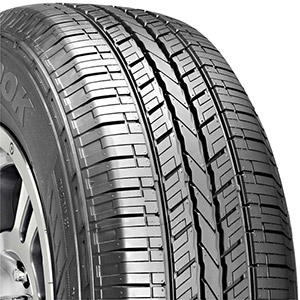Rubber Seals for Pinchweld Applications in Automotive and Industrial Settings
The Importance of Pinchweld Rubber Seals in Automotive Applications
Pinchweld rubber seals are crucial components in the automotive industry, playing a significant role in vehicle construction and performance. These seals are typically used to create a tight, effective barrier at the seams where different parts of a vehicle meet, particularly along the edges of windows, doors, and other openings. The term pinchweld refers to the type of joint or seam that these seals are designed to fill, which can help prevent water, dust, and noise from entering the vehicle’s interior.
One of the primary functions of pinchweld rubber seals is to ensure proper water ingress protection. Vehicles are constantly exposed to varying weather conditions, and effective sealing prevents rainwater, snow, and other forms of moisture from leaking into the cabin. Without reliable seals, water ingress can lead to mold growth, unpleasant odors, and damage to electronic components within the vehicle. As such, utilizing high-quality pinchweld rubber seals is vital for maintaining a vehicle's longevity and reliability.
Another significant benefit of pinchweld rubber seals is their ability to reduce road noise. Modern vehicles are designed for comfort, and noise reduction is a key factor in enhancing the driving experience. Pinchweld seals effectively dampen vibrations and sound, providing a quieter cabin environment. This not only improves comfort for passengers but also contributes to better audio quality when listening to music or engaging in conversations.
pinchweld rubber seal

Additionally, pinchweld rubber seals contribute to the overall structural integrity of a vehicle. They support the alignment of doors and windows, ensuring they close securely and properly. A well-aligned door not only operates smoothly but also prevents rattling and potential wear over time. This enhances the vehicle's aesthetics and functionality, making it more pleasant and safer to drive.
In the manufacturing process, pinchweld rubber seals are typically made from materials such as EPDM (ethylene propylene diene monomer) or other synthetic rubbers that offer excellent durability and weather resistance. These materials are designed to withstand extreme temperatures, UV exposure, and chemical degradation, which are essential properties considering the harsh environments vehicles are exposed to. By selecting the right seal material, manufacturers can ensure that the seals will perform effectively throughout the vehicle's life.
Moreover, the installation of pinchweld rubber seals is a critical step during vehicle assembly. Proper installation techniques can vastly influence the performance of the seals. Skilled technicians ensure that seals are fitted correctly, which prevents air and water leaks and maximizes the seal's effectiveness.
In conclusion, pinchweld rubber seals play an indispensable role in the automotive industry by providing critical functions such as water protection, noise reduction, and structural integrity. Their contribution to enhancing vehicle quality and comfort cannot be understated. As technology advances, the materials and manufacturing techniques for pinchweld rubber seals will continue to evolve, ensuring that vehicles remain efficient, comfortable, and reliable for drivers and passengers alike. Investing in high-quality seals is a smart decision for manufacturers who prioritize excellence in their automotive designs.
-
Silicone Seal Strip: The Ultimate Solution for Your Sealing NeedNewsNov.01,2024
-
Keep the Heat: The Importance of Seal for Oven DoorsNewsNov.01,2024
-
Essential Guide to Corner Protectors for Your FurnitureNewsNov.01,2024
-
Enhance Your Home with Silicone SolutionsNewsNov.01,2024
-
Efficient Maintenance of Melamine Sealing StripsNewsNov.01,2024
-
Comparison of Different Edge Sealing ProcessesNewsNov.01,2024
-
Types of Door Bottom Seal Strips and Their Best UsesNewsOct.25,2024